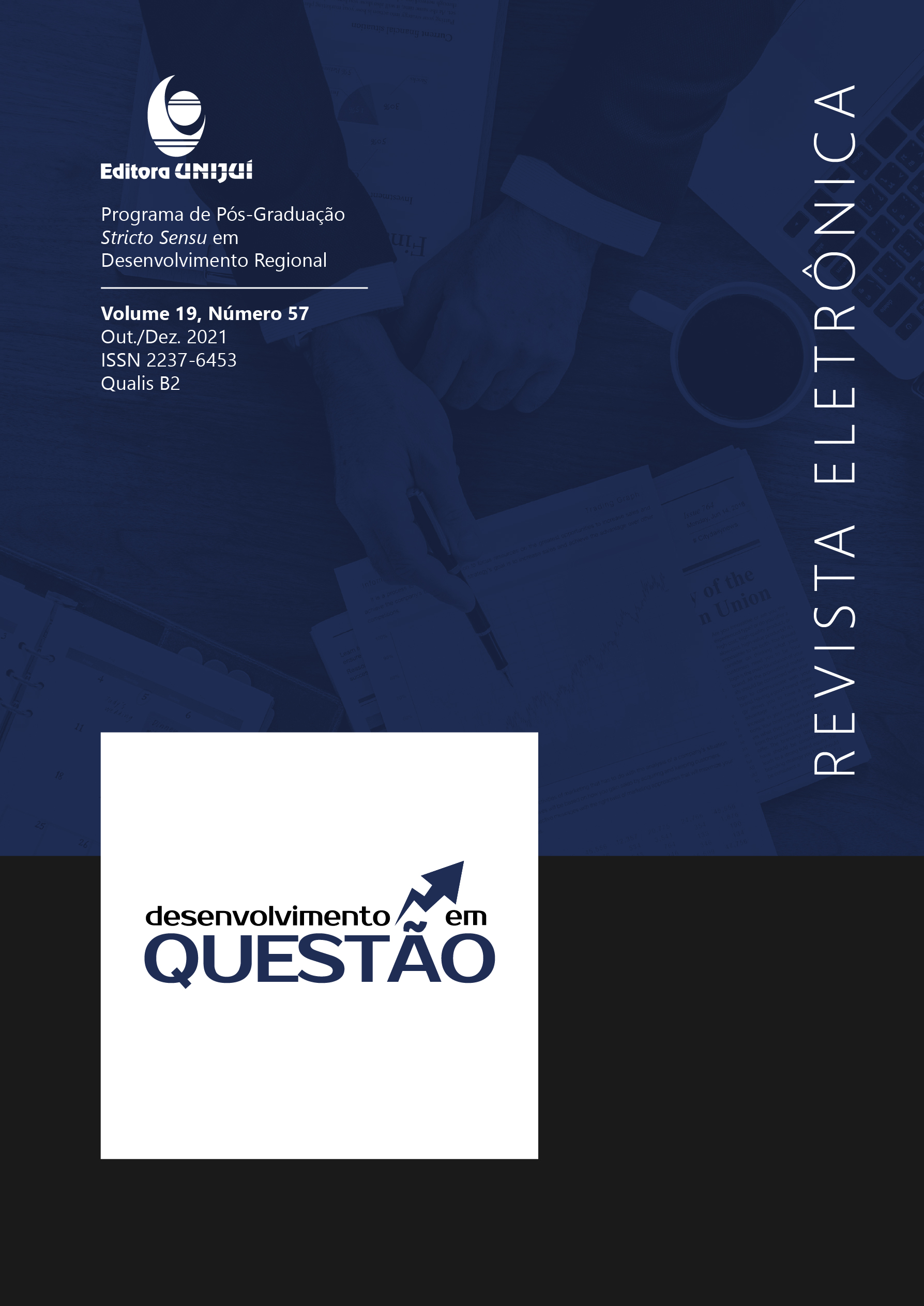PUBLIC ENERGY MANAGEMENT AND INTEGRATED PLANNING OF RESOURCES: A CONTRIBUTION TO SUSTAINABILITY ENERGY IN PARÁ
PUBLIC ENERGY MANAGEMENT AND INTEGRATED PLANNING OF RESOURCES: A CONTRIBUTION TO SUSTAINABILITY ENERGY IN PARÁ
DOI:
https://doi.org/10.21527/2237-6453.2021.57.11847Keywords:
Electric sector. Integrated Resource Planning. Sustainability.Abstract
The objective of this study is to discuss integrated resource planning as an innovative strategy to promote sustainability in the Pará State electricity sector. The investigation sought to examine the scope of the planning of the electric sector in Pará, in order to prioritize strategic aspects that favor the elaboration of projects and local actions aligned with the integrated planning of resources. The methodology was based on the evaluation of projects and actions focused on the supply of electricity, on the examination of actions to increase electricity efficiency and on the evaluation of actions for the conservation of electric energy in Pará. The analysis procedures used the coding and comparison consistent with the Grounded Theory research approach. The study concluded that the RIP can effectively contribute to the sustainability of the electricity sector in the State of Pará insofar as it adopts new categories of analysis, which enable the proposal of a new integrated analysis structure capable of covering the complexity of the aspects providing opportunities for strategic construction of the promotion of quality of life through the distribution of electric energy. The study also presents a framework, supported by the interfaces between the PIR and sustainable development, which assists the decision-making process in the public management of the electricity sector.
Downloads
Published
How to Cite
Issue
Section
License
By publishing in Revista Desenvolvimento em Questão, authors agree to the following terms:
All works are published under the Creative Commons Attribution 4.0 International License (CC BY 4.0), which allows:
Sharing — to copy and redistribute the material in any medium or format;
Adaptation — to remix, transform, and build upon the material for any purpose, even commercially.
These permissions are irrevocable, provided that the following terms are respected:
Attribution — authors must be properly credited, a link to the license must be provided, and any changes made must be indicated.
No additional restrictions — no legal or technological measures may be applied that legally restrict others from doing anything the license permits.
Notices:
The license does not apply to elements that are in the public domain or covered by legal exceptions.
The license does not grant all necessary rights for specific uses (e.g., image rights, privacy, or moral rights).
The journal is not responsible for the opinions expressed in the articles, which are the sole responsibility of the authors. The Editor, with the support of the Editorial Board, reserves the right to suggest or request modifications when necessary.
Only original scientific articles presenting research results of interest that have not been previously published or simultaneously submitted to another journal with the same purpose will be accepted.
Mentions of trademarks or specific products are intended solely for identification purposes and do not imply any promotional relationship by the authors or the journal.
License Agreement (for articles published from 2025 onward): Authors retain the copyright to their article and grant Revista Desenvolvimento em Questão the right of first publication.











